Who's Watching Oliver (2017)
Directed by: Richie Moore
Written by: Raimund Huber, Richie Moore, Russell Geoffrey Banks
Starring: Margaret Roche, Russell Geoffrey Banks, Sara Malakul Lane
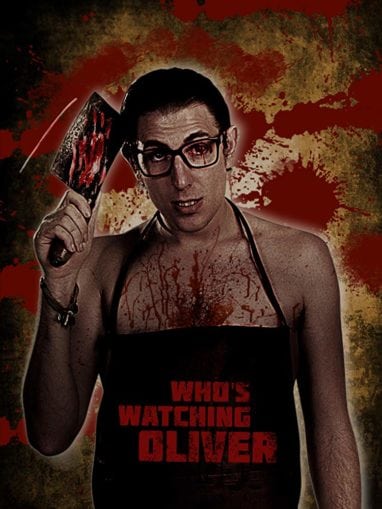
WHO’S WATCHING OLIVER
Directed by Richie Moore
Dysfunctional relationships between mother and son are something of a genre staple – be it the empathetic portrayal in Babadook, the destructive one in Friday the 13th , the haunting one in Hereditary or (my favourite) the tragedy of Bates Motel. However, I don’t know that there’s ever been one as volatile as that of Oliver (Banks) and Mama (Roche) in Richie Moore’s directorial debut. For this reason alone, Who’s Watching Oliver ought to go down in horror history. Yet given how accomplished the film is, there’s many other reasons it should.
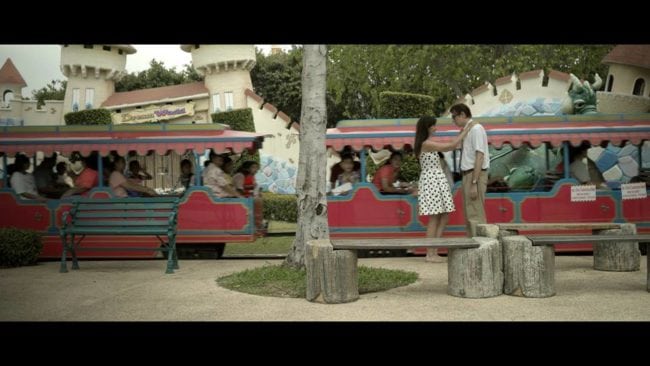
Let’s start with the style. Whilst recent films, like The Witch and Hereditary, have repackaged elements of family drama into horror, this also resembles a quirky coming of age dramedy. You know the formula: meet Oliver, he’s a young oddball dressing old, who hangs out at an amusement park and is a bit geeky and shy. He also abducts women, takes them back to his bedroom and rapes then murders them in front of his goading mother via webcam. Oh, and he wears his glasses in the shower –move over Napoleon Dynamite. Anyway, as per the many young men needing to come of age, his life is turned around by meeting a woman. The equally eccentric, and beautiful, Sophia (Lane) approaches him in the park to immediately start telling him of her dreams. Just the sort of girl he wouldn’t want to bring back to his mum…
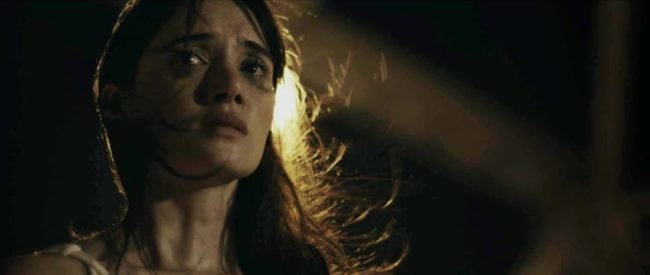
At first I was waiting for a clichéd reveal that Sophia was imaginary, given how unusual her affection for Oliver is, ‘lest she be a Manic Pixie Dream Girl. But after we spend more time in her presence, and get beyond the surface, she’s a very important part of the plot – and presents a well-judged thematic parallel. I didn’t expect to be so moved by a serial killer meets girl plot, but their relationship is genuinely affecting and offers a bright beam of light in all the darkness. Without going into spoiler territory, the way the film handles acceptance and trauma are very unexpected, with a real tenderness. And while the things he does are obviously unforgiveable, there’s enough of a shot at redemption that you sort of root for the two of them. Think of it as Henry meets The Shape of Water.
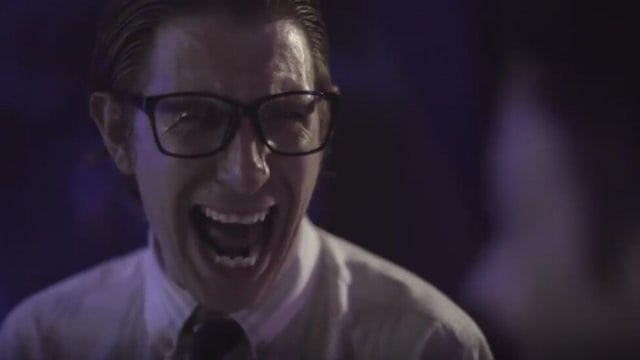
I hadn’t seen much of Russell Geoffrey Banks (also a co-writer), outside a supporting part in the less remarkable Pernicious. Judging by his performance here, he’s definitely one to watch and can truly deliver with the right material. With such an intimate focus, much of the film’s success is really down to him. If he plays it too weird, the film becomes a little goofy, but making him too straight would offset any good will. So in a happy halfway, Oliver is fully realistic but not like anyone you’ve ever met. Banks fully embodies the part, honing numerous subtle idiosyncrasies, alongside the loud, screaming displays of emotion. One breakdown scene in particular more than explains the awards he’s won on the festival circuit, and makes him an early contender for best of the year. His hysterical empathy for the victims is often hard to watch. And although we may doubt the sincerity he rationalises what he does with, we don’t doubt how damaged he is by all he’s done.
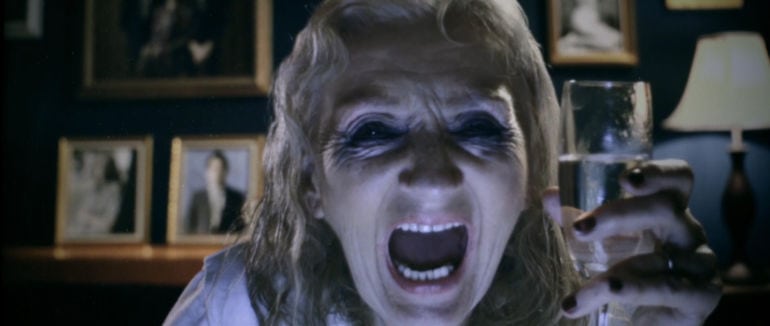
Mama is maybe the least convicting part of the trio, though this isn’t down to Margaret Roche who does well with the overly repetitive dialogue during the bits she orders Oliver to kill, kill, kill. That she creates such a sense of menace, despite being separated by a computer screen and half the world, is very impressive. Still, she has far less depth to her than the other leads, very much being a baddy. There’s still a brutal backing story for her, which maybe sheds light on her relationship with her boy, but for such a well thought out film I’d have expected more. Still, as a physical metaphor of the nasty voice Oliver can’t control the shrieking, snarling portrayal fully justifies the fear she has over him.
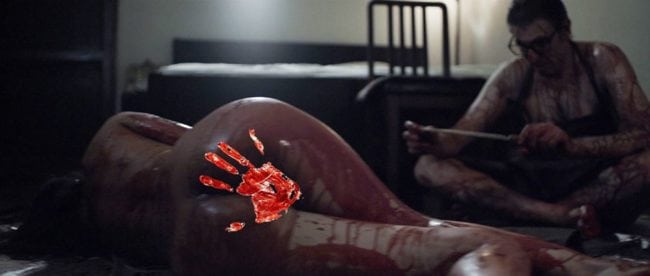
By now I maybe should have said it takes place in Thailand. Director Moore uses its dreamy canals and picturesque skyline as a contrast to the gloom of Oliver’s apartment, where the very bad things happen. Yes, the Brit abroad is very far from the home he’s never been able to mentally leave. Amongst the fever dreams, and violent hallucination, the trains, boats and Ferris wheel hint at the chance to escape (note that these symbols stick to circuits, so maybe it can only be a temporary one). The locals are arguably underused, largely providing corpses. In the age of #MeToo I thought this sort of one-sided, and highly sexualised, torture would be tough to watch for the wrong reasons. I suspect we’re told as little about the victims as possible to keep viewers on Oliver’s side. However, by using the scenes to explore the dynamic between Oliver and Mama the emphasis isn’t really on the gore. More importantly, given how little a shit the person commanding the killings gives, as it’s very much Mama in charge during these scenes, it’s an interesting piece of form underlies meaning. Nonetheless, the allusion of “torture porn” leads me to franchise potential. Not since the Maniac remake have I felt so in the head of a murderer, and I can’t say I’d want to go back for another – as it feels so complete. This doesn’t mean I don’t want more from the same team though – frankly, I’d love to see them mature, and grow together creatively – learning about themselves on the way. I just hope in doing so they don’t meet a young man with mummy issues.
Rating: 




Who’s Watching Oliver is available on demand from July 3rd, 2018. For more information, like/ follow the film on Facebook



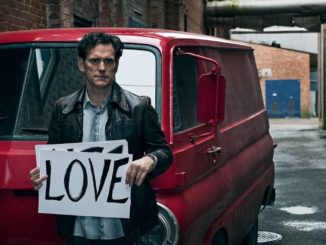
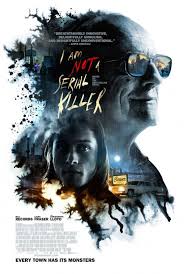
What a well written review. Kudos!